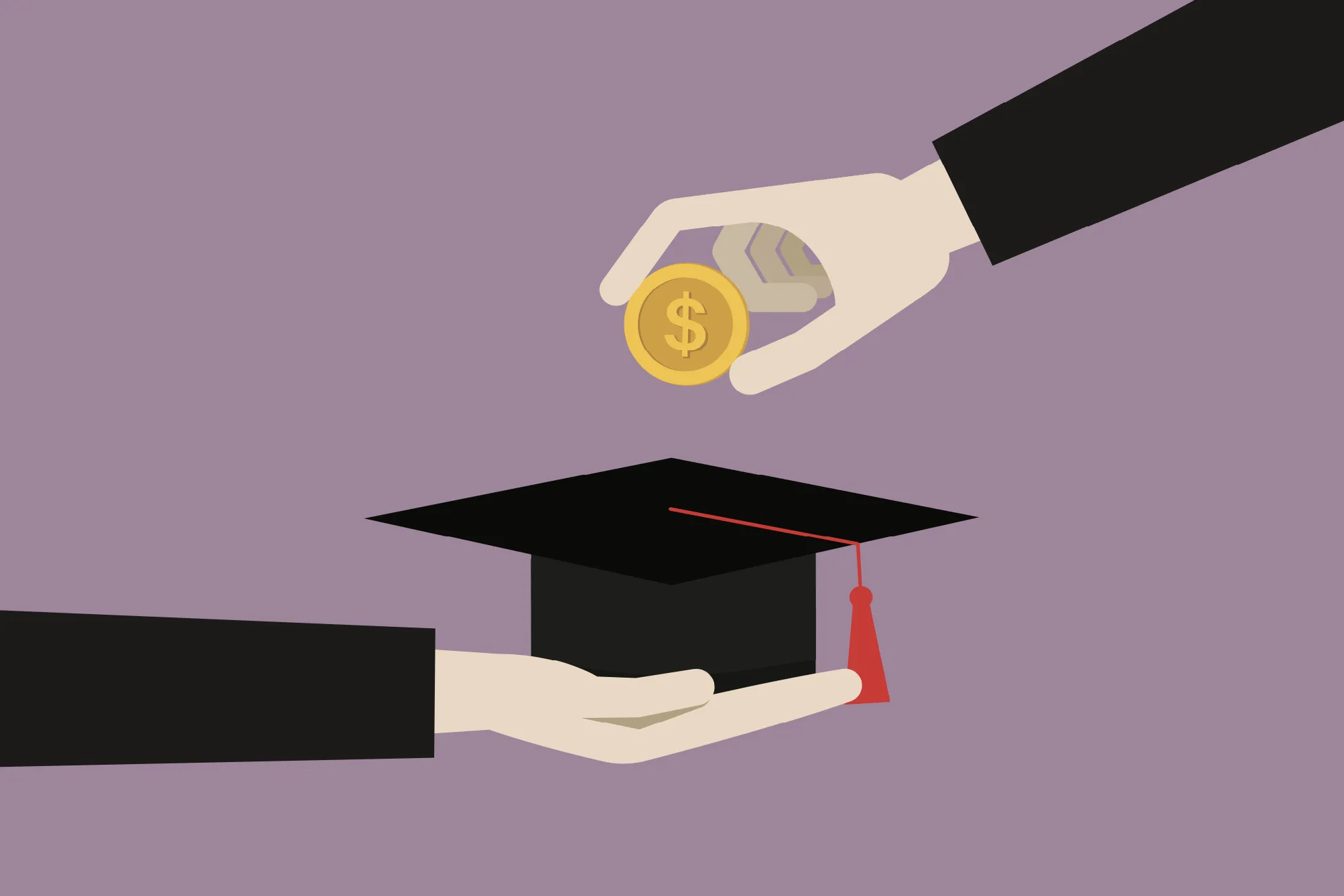5 Things You Should Know About Private Education Loans

Private education loans are private loans used to pay for the cost of post-secondary education. They are not federally guaranteed, like federal student loans, so repayment is based on your credit history and ability to repay. You can use them for things such as tuition fees, books or other supplies.
Table of Contents
Interest rates and fees can vary widely between lenders
It’s important to remember that private student loans come with various costs and benefits. Interest rates and fees vary widely between lenders, so understand your options before applying for any loan. SoFi professionals say, “Lock-in today’s current rate and save on your spring summer semester private student loan.”
For example, some lenders charge origination fees on top of the amount you borrow in order to cover their administrative costs and profit margin. In addition, other lenders may offer variable interest rates tied to an index (generally 10-year Treasury bonds), which means that they adjust periodically based on fluctuations in the market rate.
You may be able to defer payments while you’re in school
A deferment, a way to pause payments on your loan, could be a good option for you. For example, you can defer payments while you’re in school at least half-time or if you’re enrolled in a graduate program and have made on-time payments for at least six months.
If you are unemployed and meet specific eligibility requirements, your loans can also be deferred until the end of the following semester (or school year). This can help you avoid defaulting on any loans while still giving yourself some breathing room financially when it comes time to pay them back.
You could get a lower interest rate if you borrow with a cosigner
A cosigner can help you qualify for a loan and get a lower interest rate if they have better credit than you. The cosigner is someone who agrees to be responsible for your loan if you can’t pay it back.
If the cosigner dies, you are still responsible for paying off their share of the debt until it is paid off in full. This means that having a cosigner isn’t always as beneficial as one might think — especially if there’s no guarantee that they’ll still be around when the loan comes due!
Private loans aren’t eligible for federal forgiveness programs
If you’re looking to consolidate your private loans, the Direct Consolidation Loan is a good option. You may be able to get a lower interest rate with a federal consolidation loan, but make sure you’re comparing apples-to-apples since some lenders don’t always offer the same things as others.
Private loan options aren’t one size fits all
You can take out a private loan from several different lenders. Each lender has their own requirements for borrowers, so it’s essential to research and find the loan with the best rate and terms for you. If you’re not sure where to start looking, here are a few places:
- Credit unions and community banks
- Online lending platforms such as Lending Club or Prosper
- Your bank or credit union
And there you have it—five things to keep in mind when considering a private education loan. First, there are plenty of other details to think about, but these five should help you get down the right path.






